A 33-story, 137-meter-tall office building under construction for Thailand’s National Audit Office, which had already been topped out, collapsed in a matter of seconds, turning into a pile of rubble. (Video screenshot)
[People News] On March 28, a 7.7-magnitude earthquake caused severe devastation in Myanmar's second-largest city, Mandalay, as well as the capital, Naypyidaw. As of March 30, official reports indicated 1,700 deaths, 3,408 injuries, and 300 missing persons.
The earthquake also led to the collapse of a high-rise building under construction in Bangkok, Thailand, more than 1,000 kilometers from the epicenter. Local authorities reported that at least nine people had died, and more than 70 were unaccounted for. The building was a 33-story, 137-meter-tall office tower for Thailand's State Audit Office, constructed with the involvement of the China Railway No. 10 Bureau (CRCC-Tenth Bureau). Hu Xijin, the former editor-in-chief of China's state-run Global Times, may not have initially received this news. However, after seeing online videos showing the building’s "catastrophic collapse," he immediately posted, suggesting that "there’s an 80% chance the building had quality issues" and predicting that "those responsible would likely be held accountable for design and construction flaws." His post was quickly deleted.
Bangkok has many high-rise buildings, yet this particular under-construction tower was the one to collapse so dramatically. What does this signify? Hu Xijin’s initial reaction was likely correct—the building’s structural integrity was indeed questionable. However, from another perspective, this could also be seen as a divine warning to the Thai government: colluding with the Chinese Communist Party (CCP) leads to dire consequences.
A May 2024 report by Human Rights Watch detailed 25 cases between 2014 and 2023, showing that the Thai government has been assisting neighboring governments in "transnational repression." This includes enabling attacks, kidnappings, enforced disappearances, and forced repatriations of dissidents who sought refuge in Thailand.
In February 2025, despite strong international opposition, the Thai government forcibly deported 40 Uyghur refugees back to China. The deportation was carried out secretly, without their consent or knowledge.
In the early hours of February 27, more than 40 Uyghur men were transported in trucks with blacked-out windows to Bangkok’s Don Mueang International Airport. A China Southern Airlines chartered flight then flew them back to China. Soon after, China’s state broadcaster CCTV confirmed at a Ministry of Public Security press conference that "40 Chinese nationals who had illegally entered Thailand were repatriated." The news was later verified by Thai Deputy Prime Minister and Defense Minister Sutin Klungsang.
These Uyghurs had fled China in 2014 and were subsequently detained in Thailand. In 2015, Thailand forcibly repatriated over 100 Uyghurs to China, while about 170 women and children were allowed to go to Turkey. The remaining individuals had been detained in Thailand ever since, and 40 of them were secretly deported in the recent operation.
Reports indicate that in January, Thai immigration officers had attempted to get these Uyghur detainees to sign voluntary repatriation documents, but all refused. In protest, they began a hunger strike on January 10. They only resumed eating on January 29 after Thai authorities assured them they would not be sent back to China. This confirms that their eventual deportation was not voluntary.
UN human rights experts repeatedly urged Thailand not to deport these Uyghurs, warning that they could face torture, abuse, or even "irreversible harm" upon return to China. Following the deportation in February, international human rights organizations and Western countries, including the United States, strongly condemned Thailand’s actions. On March 14, the U.S. State Department announced visa sanctions against current and former Thai officials involved in the deportation. Meanwhile, the European Parliament condemned the move and called on the EU to leverage free trade negotiations to pressure Thailand into halting such deportations in the future.
According to a report by Reuters, both Canada and the United States indicated their willingness to accept these Uyghurs prior to the repatriation actions; however, Thailand declined this offer due to concerns about provoking China. Thai Deputy Foreign Minister Rus (Lu Si) stated on March 6 that repatriating these Uyghurs was in 'Thailand's best interest,' as sending them to other countries could result in retaliation from the Chinese Communist Party (CCP).
The Thai government's actions in supporting the CCP have sparked widespread criticism. In an apparent effort to mitigate external backlash, Thai Deputy Prime Minister Puttan (Pu Tan) led a 25-member delegation to Xinjiang at China's invitation from March 19 to 20 to visit the repatriated Uyghurs. The delegation visited the homes of the repatriated individuals under the supervision of Chinese officials and met with Ma Xingrui, the Secretary of the Xinjiang Uyghur Autonomous Region Party Committee, among other officials.
On the 20th, Thai government spokesperson Jirayut (Ji La Yu) released a statement assuring that 'there is no need to worry about these Uyghurs; they are living happily with their families.' However, the entire itinerary of the Thai delegation was carefully orchestrated by the CCP, and they only met 5 out of the 40 repatriated individuals and 1 out of more than 100 previously repatriated individuals. The accompanying Thai media were instructed not to photograph the Uyghurs with Chinese officials, and in the official photos released, nearly all faces except for those of Thai officials were obscured. Clearly, this was just like any visit arranged by the CCP for foreign guests—a staged performance, a complete deception where people could only see what the CCP wanted them to see.
The international human rights organization "Human Rights Watch" has claimed that the Thai government has become a "collaborator in the Chinese Communist Party's deliberate efforts to arrange and sanitize its image."
Furthermore, the shocking facts surrounding the kidnapping of Chinese actor Wang Xing (Wang Xing) in the Myanmar Myawaddy telecom fraud park have drawn significant attention from the Chinese public, highlighting concerns about the Myawaddy telecom fraud operations. On February 27, Liu Zhongyi (Liu Zhongyi), Deputy Minister of the Ministry of Public Security of the Communist Party of China, acknowledged that there are 36 large telecom fraud gangs run by Chinese nationals in Myawaddy, employing over 100,000 individuals. This figure, however, is also subject to skepticism, as the Chinese state broadcaster CCTV reported in 2023 that more than 100,000 people were "working" in the Myawaddy telecom fraud park. Based on an estimate of 70,000 people being defrauded each year, the current number of victims should be at least over 200,000.
On March 26, the Department of East Asian Affairs of the Thai Ministry of Foreign Affairs disclosed that, according to statistics from the Myanmar government, since the country initiated its crackdown on telecom fraud gangs, 6,551 foreign telecom fraudsters have been apprehended, with the majority being Chinese nationals, totaling 4,240. However, even if we consider Liu Zhongyi's figure of 100,000, the number of those rescued remains a mere fraction of the total.
These telecom fraud groups not only engage in deceptive practices to swindle money but are also implicated in human trafficking and even organ trade. Once individuals fall victim to these schemes and are kidnapped to the fraud park, they endure various forms of torture, including beatings, electric shocks, binding, and water torture. The park is rife with chaos, including illegal detention, kidnapping, rape, extortion, intentional injury, and homicide. Those who fail to meet performance targets may ultimately be sent to medical ships in international waters for organ harvesting.
Reports suggest that the mastermind behind the scam park in Myawaddy, Myanmar, is the president of the local chamber of commerce affiliated with the Chinese Communist Party (CCP), which falls under the jurisdiction of the CCP's United Front Work Department and is connected to the Belt and Road Initiative. These parks not only perpetrate scams to defraud money but also engage in hacking activities, supplying intelligence to the Ministry of Public Security of the CCP. Consequently, the intelligence and United Front systems of the CCP are inextricably linked to these parks.
In this matter, Thailand appears to follow China's lead. It only cuts off power to a few parks to rescue some individuals when the situation becomes too obvious to conceal. Meanwhile, many scam parks continue to operate normally, and numerous kidnapped individuals remain in life-threatening situations.
The Thai government, ignoring international public opinion, closely aligns itself with the CCP's human rights abuses and adopts a lax approach towards the abduction of hundreds of thousands of people to Myanmar, thus bearing significant responsibility. In light of the recent collapse of a building constructed by the China Railway 10th Bureau for the Thai Audit Office in Bangkok, the Thai government should seriously reconsider its stance. As countries worldwide regard the CCP as a hostile entity, distancing itself from the CCP is the only viable option at this critical moment when divine forces seem to be seeking the CCP's downfall.
(First published by People News)

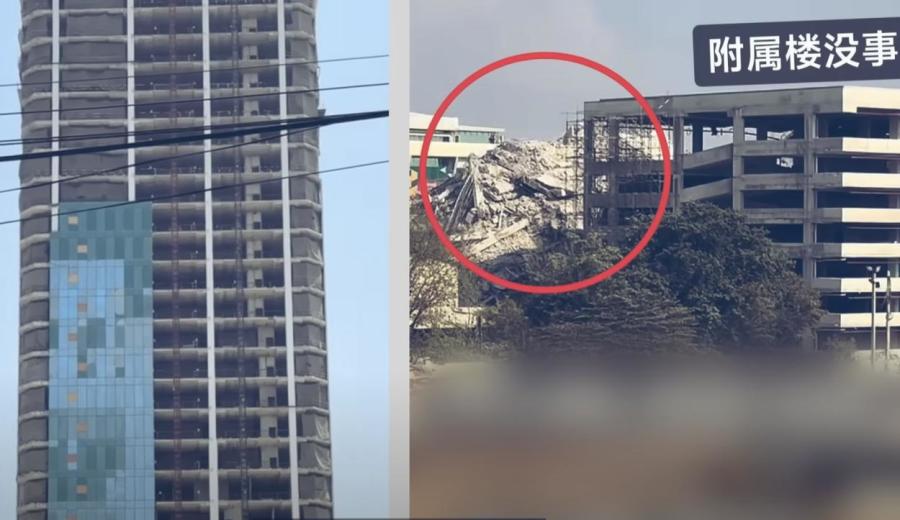
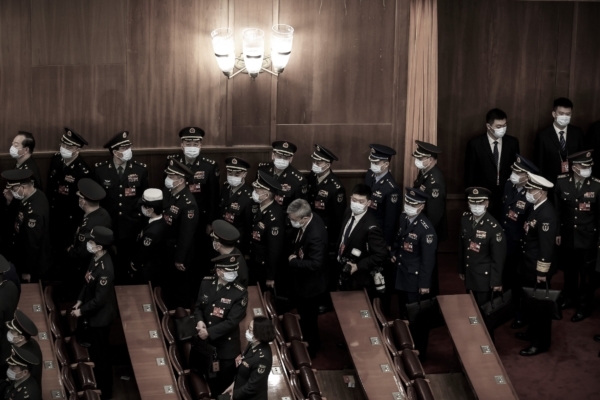
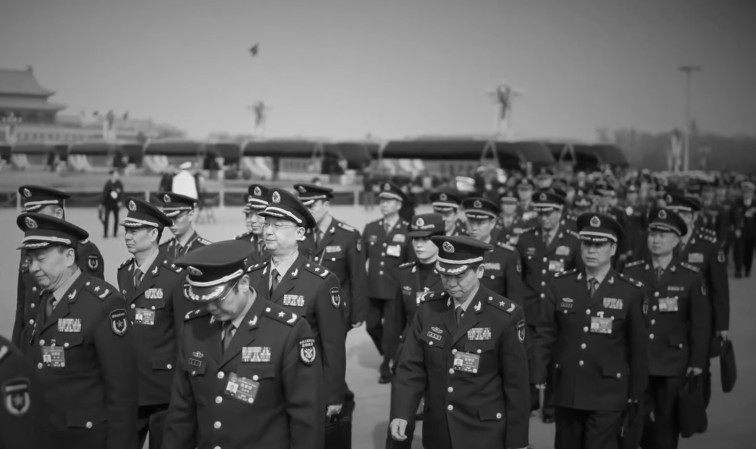
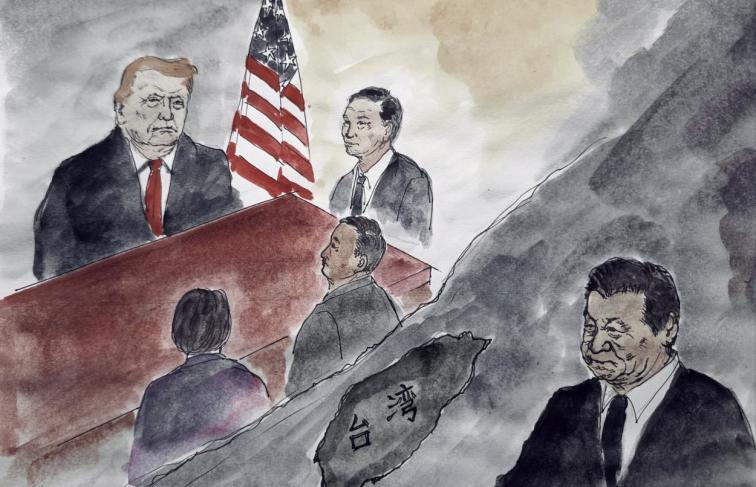
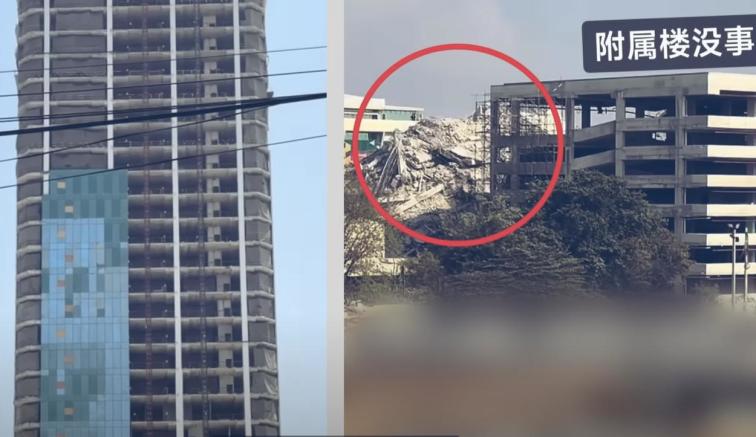
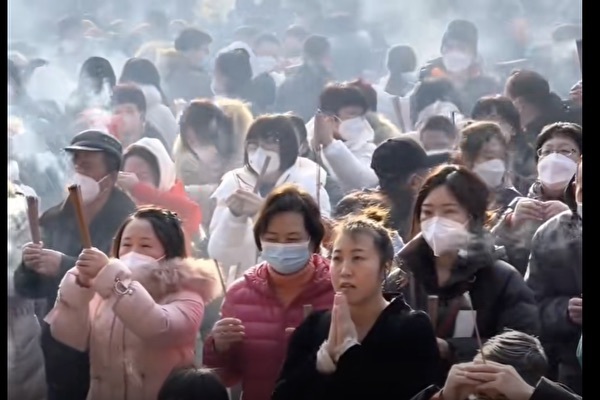


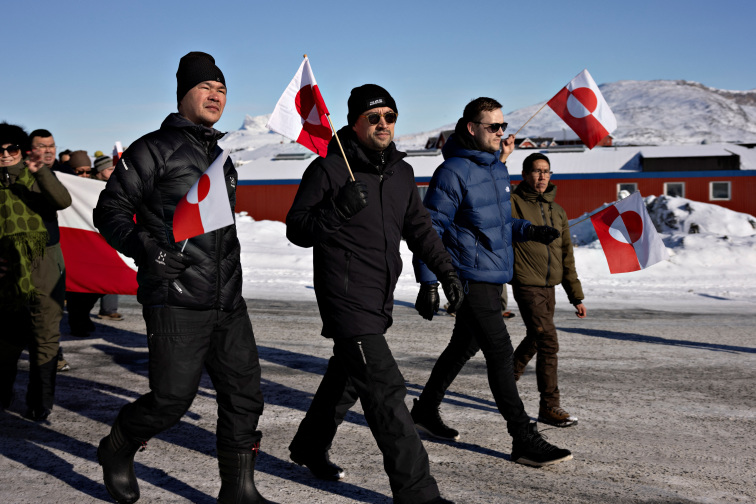

News magazine bootstrap themes!
I like this themes, fast loading and look profesional
Thank you Carlos!
You're welcome!
Please support me with give positive rating!
Yes Sure!